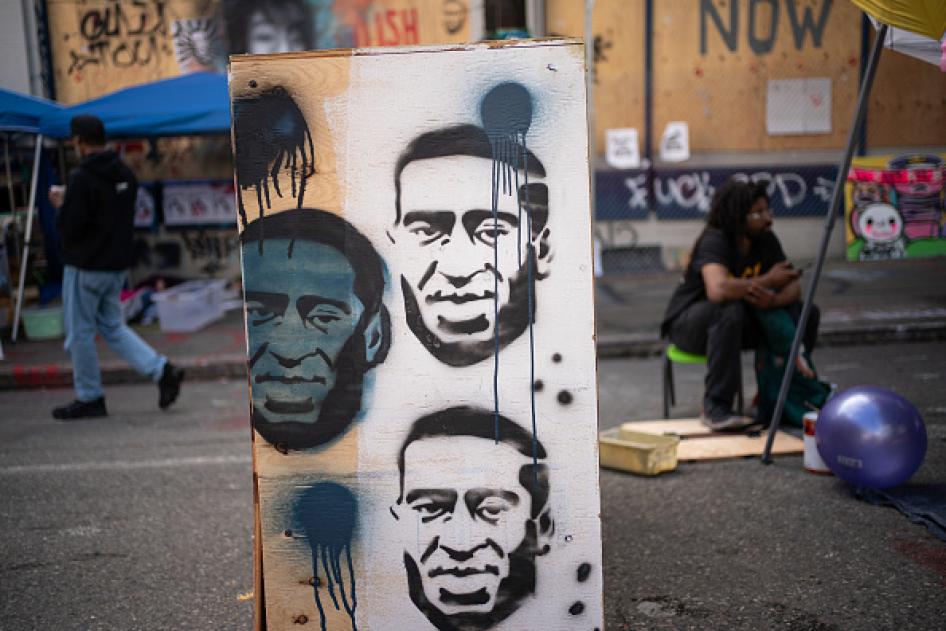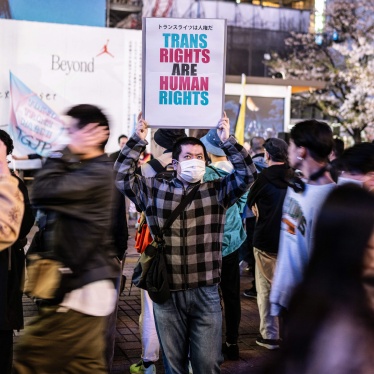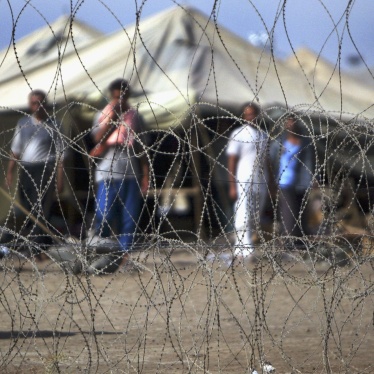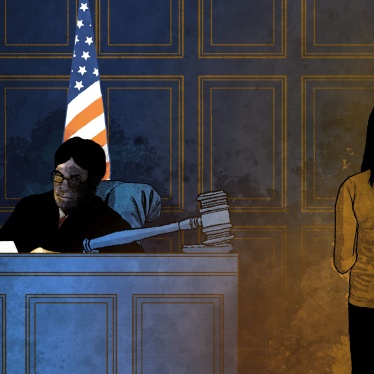A few years had passed since my family and I moved from Japan to Simi Valley, a small, predominantly white town in Southern California. My friend and I had gotten into an argument during a game of handball, when he yelled out a term I didn’t understand at the time.
“You’re a foreigner!”
When I finally understood what he meant, I was disappointed. Yet, in retrospect, my first encounter with racial prejudice in elementary school was minor compared to what I later experienced in the US. Being called derogatory terms like “chink,” “gook,” and “zipperhead” as well as being ridiculed for having a “flat face” or “slanted eyes” was commonplace, and even being physically assaulted because of my race was not unusual.
To borrow the Cameroonian philosopher Achille Mbembe’s words from his book Necropolitics, these “racist injuries” are “painful and hard to forget because they attack the body and its materiality, but also…the intangible (dignity, self-esteem).” Indeed, their “traces are mostly invisible and their scars difficult to heal.”
It’s no wonder then that the recent spike in anti-Asian racism due to the Covid-19 pandemic, as well as the Black Lives Matter protests raging across the US following the murder of George Floyd, have reopened my old wounds and encouraged me to reexamine the types of bigotry that exist not just in the US, but also in Japan.
For example, ethnic Koreans have historically faced widespread discrimination in Japan. In 1923, ethnic Koreans, known as Zainichi, were massacred in the aftermath of a major earthquake, when demagogues claimed Koreans were looting and committing arson.
Even today in Japan, although violent crimes against specific ethnicities or races are rare, ultra-nationalist groups target the Korean diaspora by conducting anti-ethnic Korean protests to spout hate speech. In certain spaces, anyone who criticizes Japan is labeled as “ethnic Korean,” as some use that term synonymously with “anti-Japanese.”
Prejudice against those who look different also abounds in Japan. When Ariana Miyamoto, the daughter of a Japanese woman and an African American man, won the Miss Japan beauty pageant in 2015, she was met with a flurry of toxic online comments due to her “un-Japanese” appearance. This xenophobic reaction happened again when Prianka Yoshikawa, the daughter of Japanese woman and a Bengali Indian man, won the same title the following year.
The Japanese government continues to run programs that leave migrant workers vulnerable to harm. The government-run Technical Intern Training Program, which invites migrant workers from primarily developing countries to Japan under the auspices of “skill acquisition,” has resulted in the inhumane treatment of workers by their employers. Some have been forced to work for illegally low wages, while others have been victims of prejudice.
The myth that Japan is a homogenous country consisting of one ethnicity, a view promoted by many powerful people, has played a significant role in all of this. It conveniently leaves out or downplays the histories and stories of the ethnic Koreans, indigenous Ainu, and others, making it less likely for people to listen to the voices of minorities.
Marginalized groups in Japan are particularly vulnerable because Japan has no law prohibiting discrimination based on race, ethnicity, religion, sexual orientation, or gender identity. Generally speaking, there is a lack of public awareness about what discrimination is, and there are virtually no systems in place that would help victims seeking help or justice. Moreover, despite numerous recommendations by United Nations bodies, the Japanese government has failed to establish a domestic human rights institution, leaving victims of human rights abuses such as discrimination to fend for themselves.
It’s clear that Japan has serious issues surrounding discrimination and prejudice it needs to address. People in Japan shouldn’t look at the Black Lives Matter movement as something uniquely American, but rather as an opportunity to remember that there are lives that are relatively more vulnerable to harm in Japan because of their race and ethnicity.
As Martin Luther King, Jr. wrote in the Letter from the Birmingham Jail, “Injustice anywhere is a threat to justice everywhere. We are caught in an inescapable network of mutuality tied in a single garment of destiny. Whatever affects one directly, affects all indirectly.”










